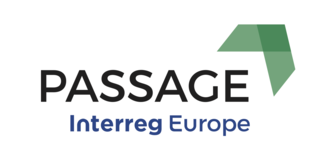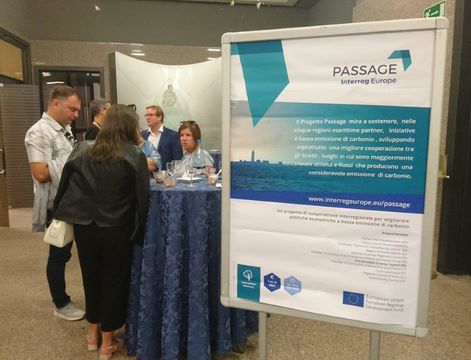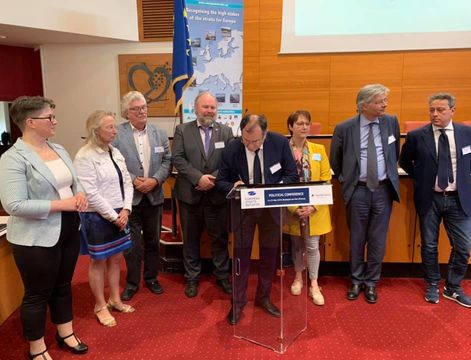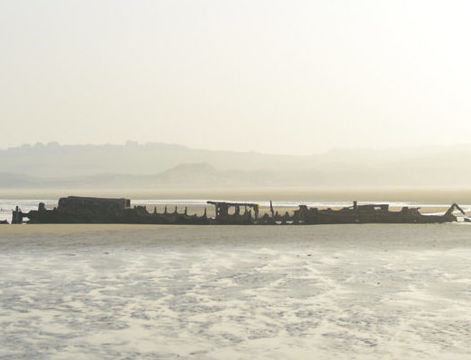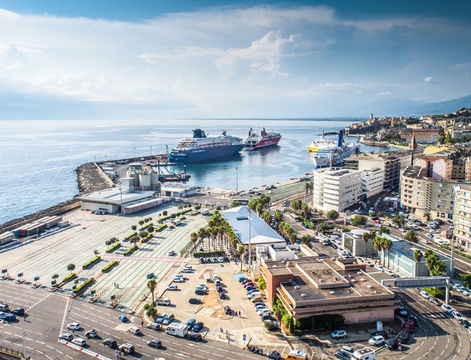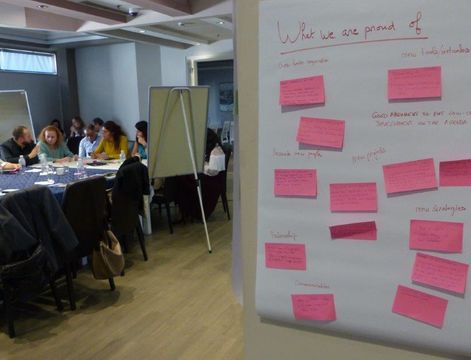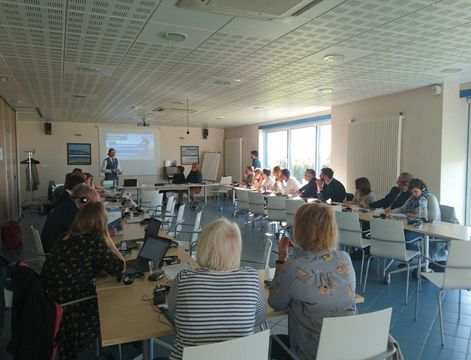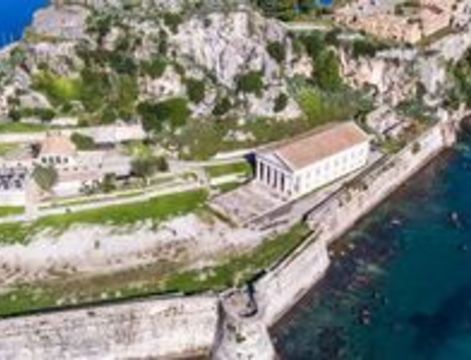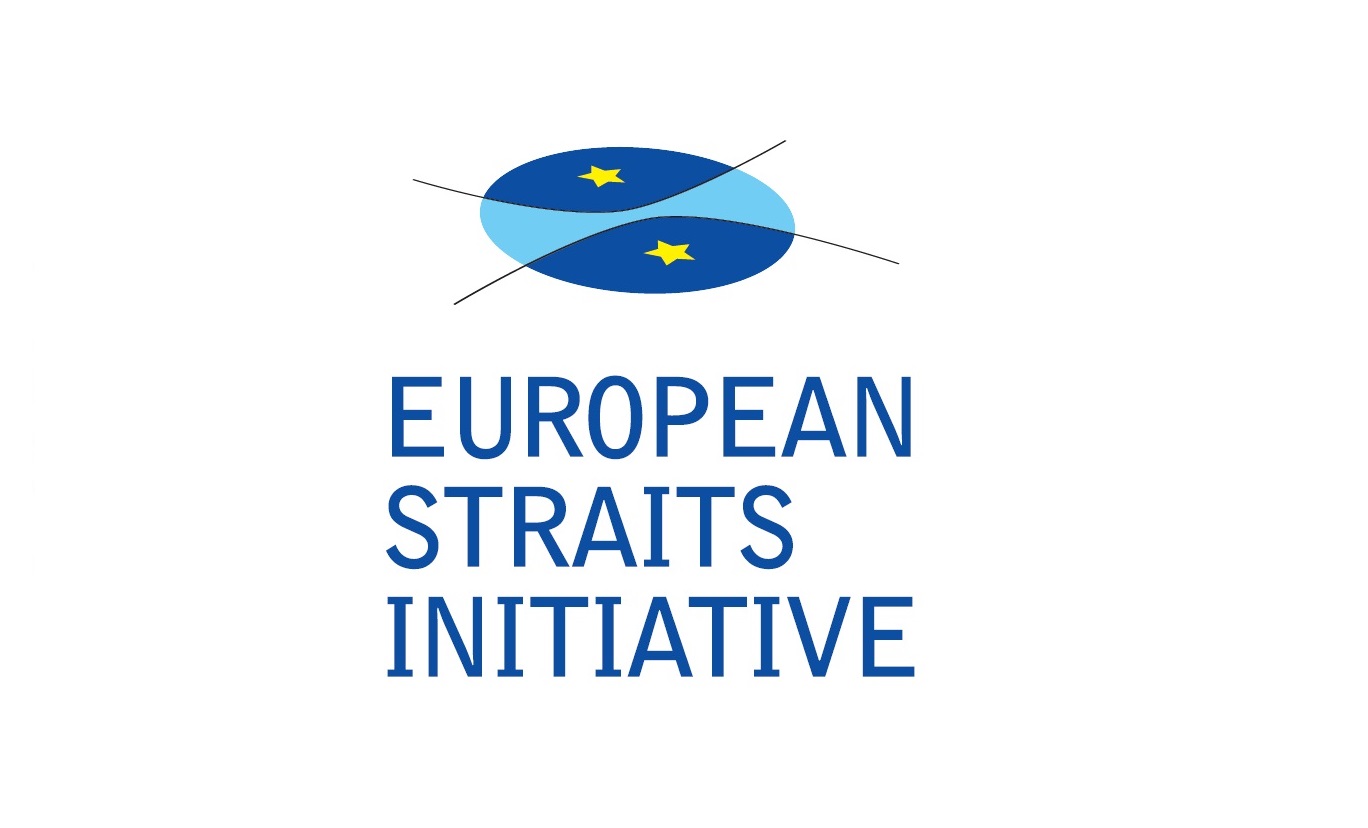On 10 October 2017, PASSAGE project partnership organised a workshop on cross-border cooperation on maritime borders, in Puglia Region offices in Brussels. About 50 participants were attending this workshop as part of the official programme of the European Week of Regions of Cities.
The five panelists were welcome by Mr Kaarel Kose, policy advisor within Harju County Government (Estonia) and moderator of the workshop, who highlighted the background context behind the workshop with PASSAGE project and the European Straits Initiative. He introduced the topic around the “specificities of areas that have a border and the sea separating two shores”. “Maritime border, from our experience, is not only an obstacle, it is also a connecting point”, he said.

The first part of the debate was dedicated to the benefits of cross-border cooperation for inhabitants. Mr Jean-Marc Venineaux, team leader for Macro-regions, Transnational/interregional co-operation, IPA and Enlargement within the Directorate General for Regional and Urban Policy at the European Commission, explained that the EU programmes including Interreg programmes have to address the needs of territories but that cooperation programmes cannot answer the needs of inhabitants as individuals; they need to understand that “they are all part of a bigger region, where they share joint issues, (…) which is called Europe”.
Mr Philipp Schwartz, representing Interact “Knowledge of the seas” network, explained that in general cooperation across a border is already difficult, but that it is “even more challenging to bring people to cooperate across a maritime border”. “There is lots of psychology”, he said, referring to the mental barrier and cultural issues.

Ms Carolyn McKenzie, Head of sustainable business and communities within Kent County Council (United Kingdom), highlighted an important change of paradigm in the UK: “local government is changing, residents are no longer residents, they are customers”. “We are driven by customer needs, what they want, what their demands are, which has made our services change completely – how we deliver them, what we deliver to them”, she explained, “and it’s the same with cross-border issues, we need to see them in the context of the customer”. She explained that the focus needs to be on “what’s the outcome we want to achieve?”.
The second part of the debate questioned: is Interreg the Holy Grail of cross-border cooperation in maritime border regions? “We are talking of 4% of the cohesion policy going to Interreg”, explained Ms Bjering. “We have to be clear about what Interreg can do and what Interreg cannot do”, said Mr Schwartz, “the share of Interreg is trust-building in a bigger picture. (…) Interreg is exactly the soft thing that you cannot measure”. Ms Alexandra Lafont, representing the Transfrontier Operational Mission (MOT) summarised the debate: “Does Interreg solve everything? Of course not! The tools need to be intertwined and combined.”

Coming to the last part of the debate about the future of cross-border cooperation in maritime border regions after 2020, Mr Schwartz explained that on the opinion of some operational representatives of maritime Interreg programmes, the “current framework is too narrow for maritime cooperation” and wondered if a maritime specific objective on cooperation would not be more efficient, although the question remains “what exactly in this maritime specific objective could be done, should be done?”. The specific question of involvement of non-EU countries in the cooperation process was also highlighted, for example Russia when it comes to cooperation in the Gulf of Finland: “we cannot solve the issues without them”, said Mr Schwartz.
“How do we use the tools (Interreg, EGTC…) at the service of the cooperation and the needs of the regions? (…) How do we combine the different instruments?” asked Ms Lafont (MOT)
Ms Bjering insisted on the need for an approach based on local priorities. “Being involved in the governance is extremely important (…) to ensure the stakeholders needs”, she said.
Finally, Mr Venineaux concluded with a series of questions to be raised by local authorities in maritime border regions: “what makes you so specific? What is uniting you? Where can you find agreement and consensus to say this is what we need to work on on our border?“.
Download the minutes of the workshop in the library section!

